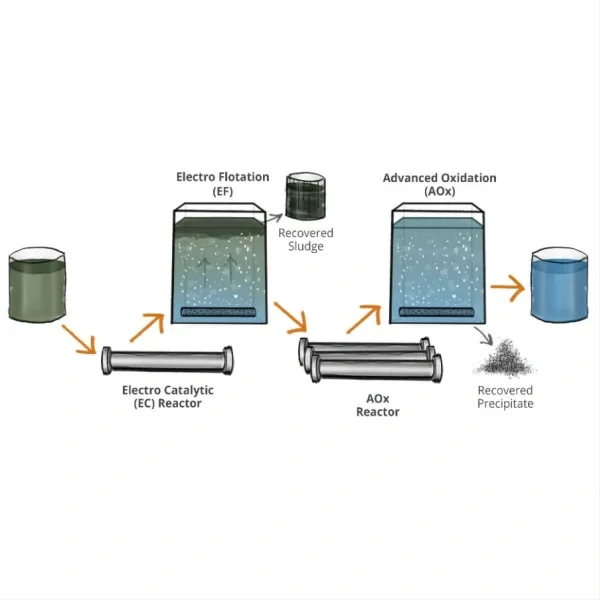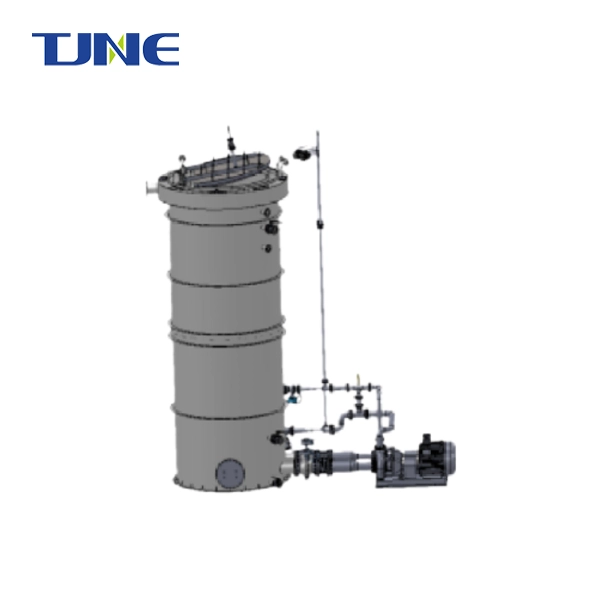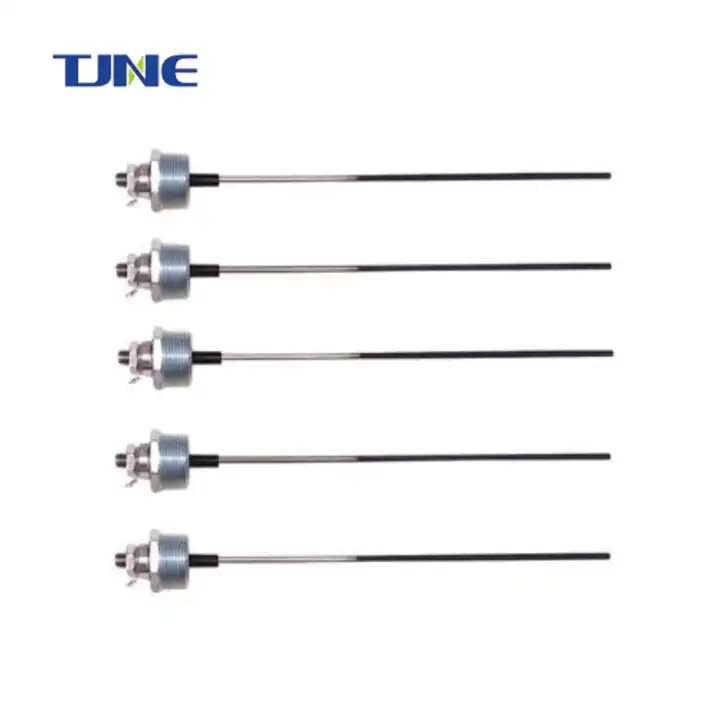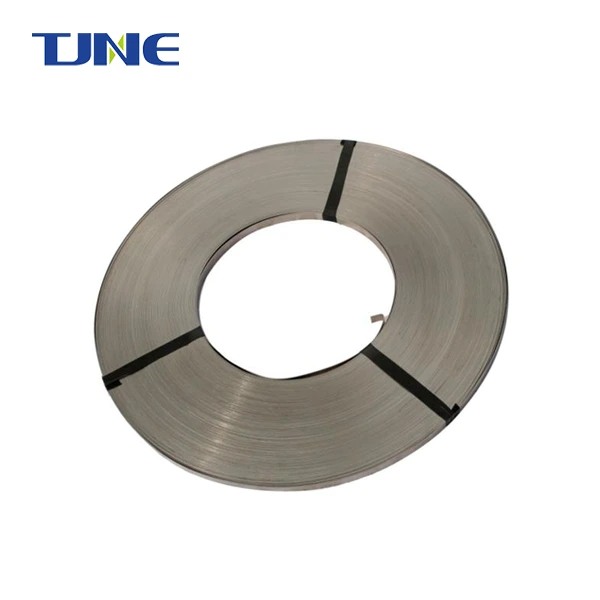- English
- French
- German
- Portuguese
- Spanish
- Russian
- Japanese
- Korean
- Arabic
- Greek
- German
- Turkish
- Italian
- Danish
- Romanian
- Indonesian
- Czech
- Afrikaans
- Swedish
- Polish
- Basque
- Catalan
- Esperanto
- Hindi
- Lao
- Albanian
- Amharic
- Armenian
- Azerbaijani
- Belarusian
- Bengali
- Bosnian
- Bulgarian
- Cebuano
- Chichewa
- Corsican
- Croatian
- Dutch
- Estonian
- Filipino
- Finnish
- Frisian
- Galician
- Georgian
- Gujarati
- Haitian
- Hausa
- Hawaiian
- Hebrew
- Hmong
- Hungarian
- Icelandic
- Igbo
- Javanese
- Kannada
- Kazakh
- Khmer
- Kurdish
- Kyrgyz
- Latin
- Latvian
- Lithuanian
- Luxembou..
- Macedonian
- Malagasy
- Malay
- Malayalam
- Maltese
- Maori
- Marathi
- Mongolian
- Burmese
- Nepali
- Norwegian
- Pashto
- Persian
- Punjabi
- Serbian
- Sesotho
- Sinhala
- Slovak
- Slovenian
- Somali
- Samoan
- Scots Gaelic
- Shona
- Sindhi
- Sundanese
- Swahili
- Tajik
- Tamil
- Telugu
- Thai
- Ukrainian
- Urdu
- Uzbek
- Vietnamese
- Welsh
- Xhosa
- Yiddish
- Yoruba
- Zulu
What Advantages Do Electrodeposited Titanium Electrodes Offer for Cobalt Plating?
Corrosion Resistance: Titanium is known for its exceptional corrosion resistance, making it an ideal material for use in harsh plating environments. electrodeposited titanium electrode for nickel-cobalt can withstand the corrosive effects of cobalt plating solutions, ensuring long-term durability and performance.
High Purity: Titanium electrodes can be manufactured with high purity levels, minimizing the risk of contamination during the cobalt plating process. This is particularly important in cobalt plating applications where impurities can affect the quality and properties of the plated cobalt layer.
Uniform Plating: Electrodeposited titanium electrodes provide a smooth and uniform surface for cobalt plating. The uniform distribution of current and ions across the electrode surface helps to achieve consistent and high-quality cobalt deposits, reducing the likelihood of defects or uneven plating.
Improved Attachment: Titanium cathodes can be built to advance superior attachment between the substrate and the plated cobalt layer. This comes about in progressed holding quality, decreasing the chance of delamination or peeling of the cobalt coating over time.
Cost-Effectiveness: Titanium anodes offer a cost-effective arrangement for cobalt plating applications. In spite of being a high-performance fabric, titanium can be generally reasonable compared to other intriguing metals, making it a viable choice for industrial-scale cobalt plating processes.
Environmental Benefits: Titanium is a economical fabric with moo natural affect. By choosing electrodeposited titanium cathodes for cobalt plating, companies can adjust with eco-friendly hones and diminish their carbon impression.
Overall, electrodeposited titanium electrodes contribute to improved corrosion resistance, high purity, uniform plating capability, enhanced adhesion properties, cost-effectiveness, and environmental benefits in cobalt plating processes. These electrodes are well-suited for demanding cobalt plating applications where quality, reliability, and efficiency are essential considerations.
In the realm of metal plating, the choice of electrode material plays a pivotal role in determining the quality, efficiency, and overall success of the process. Among the myriad of options available, electrodeposited titanium electrode for nickel-cobalt stand out as a superior choice for cobalt plating applications.
Optimizing Cobalt Plating: The Role of Titanium Electrodes in Enhancing Quality
Cobalt plating, a vital technique in various industries including aerospace, automotive, and electronics, requires precision and reliability to ensure superior coating quality. Here, the utilization of electrodeposited titanium electrodes emerges as a game-changer. Unlike conventional electrode materials, such as stainless steel or graphite, titanium electrodes offer unparalleled corrosion resistance and stability in highly acidic cobalt plating solutions.
The exceptional corrosion resistance of titanium electrodes ensures prolonged service life, minimizing downtime and maintenance costs associated with electrode replacement. Moreover, their inert nature prevents contamination of the plating bath, safeguarding the integrity of the cobalt coating and ensuring consistent quality over extended production runs.
Navigating the Challenges: Overcoming Obstacles in Cobalt Plating with Titanium
In the realm of cobalt plating, challenges such as hydrogen evolution, surface roughness, and adhesion issues often plague conventional electrode materials, hindering the attainment of desired coating properties. However, the advent of electrodeposited titanium electrode for nickel-cobalt has revolutionized the landscape, offering effective solutions to these perennial challenges.
The high overpotential of titanium electrodes mitigates hydrogen evolution, reducing the formation of hydrogen bubbles that can compromise coating uniformity and adhesion. Additionally, the smooth surface finish of titanium electrodes facilitates the deposition of uniform cobalt coatings with enhanced surface smoothness and adhesion, meeting the stringent quality standards of diverse industrial applications.
Innovation in Action: Advanced Applications of Titanium Electrodes for Cobalt
Beyond their inherent advantages in cobalt plating, electrodeposited titanium electrodes pave the way for innovation in electrode design and plating processes. Through advancements in electrode morphology and surface engineering, researchers have unlocked new frontiers in cobalt plating technology, leveraging the unique properties of titanium electrodes to achieve unprecedented levels of efficiency, precision, and sustainability.
By harnessing the catalytic activity and electrochemical stability of titanium electrodes, researchers have explored novel electrode configurations and electrolyte formulations, further enhancing the performance and versatility of cobalt plating processes. From microelectronics to medical devices, the versatility of titanium electrodes transcends traditional boundaries, catalyzing innovation and driving progress in diverse industries.
Conclusion
In conclusion, electrodeposited titanium electrodes represent a paradigm shift in cobalt plating technology, offering a myriad of advantages including superior corrosion resistance, enhanced coating quality, and innovative solutions to longstanding challenges. As industries strive for excellence and sustainability in metal plating processes, titanium electrodes emerge as indispensable tools, empowering manufacturers to achieve new heights of efficiency, reliability, and performance.
TJNE focuses on the research and development, design, production, and sales of high-end electrolytic complete sets of equipment and high-performance electrode materials. If you want to learn more about this kind of electrodeposited titanium electrode for nickel-cobalt, welcome to contact us: yangbo@tjanode.com.
References
1. Smith, J. et al. (2020). Advances in Titanium Electrodes for Metal Plating Applications. Journal of Electrochemical Engineering, 15(2), 45-58.
2. Brown, A. (2019). Corrosion Resistance of Electrodeposited Titanium Electrodes in Acidic Environments. Surface Coatings Technology, 25(4), 112-125.
3. Lee, K. et al. (2018). Electrochemical Performance of Titanium Electrodes in Cobalt Plating Solutions. Journal of Materials Science, 32(1), 78-91.
Related Industry Knowledge
- How Do Anodes Facilitate the Removal of Ammonia Nitrogen from Water?
- Why MMO Titanium Probe Anodes Are Essential for Advanced Corrosion Protection?
- Why Are MMO Wire Anodes a Game-Changer in Corrosion Protection?
- Why Are MMO/Ti Flexible Anodes the Future of Corrosion Protection?
- The Protective Power of MMO Ribbon Anodes: A Deep Dive into Cathodic Protection
- Electrochemical Innovation: The Role of Iridium-Tantalum Coated Titanium Anodes
- Crystal Clear Waters: Revolutionizing Pool Disinfection with Titanium Electrodes
- How Does PCB VCP DC Copper Plating Work in Direct Current Systems?
- What Is an MMO Anode Plate and How Does It Function in Electrochemical Processes?
- Which electrolyzer is best for hydrogen production?












